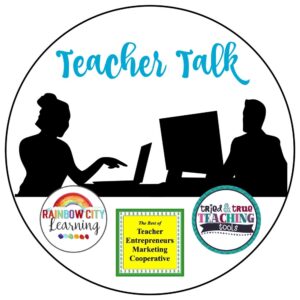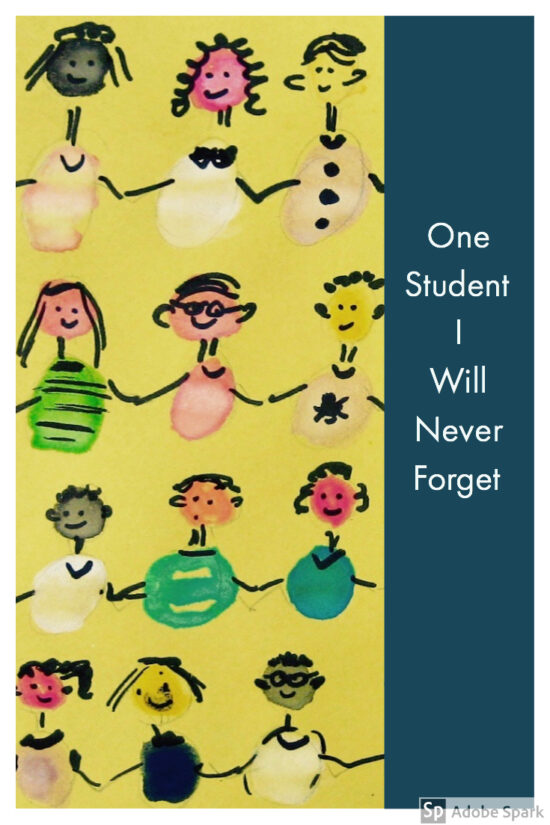This teary student is one I will never forget because she taught me a very important lesson.
Thin, with short, curly hair and soft, shiny skin, Shawna was, surprisingly, taller than I. Then again, she had failed second grade. When she appeared in my special reading class in the fall, I passed out paperwork, folders, and a list of basic sight words that we would be learning.
I had designed this list from research that indicted that these words were high frequency, phonic-irregular words that appeared very often in primary text. I had typed out the complete list, planning as I did every year, to provide worksheets for 5 words per week, but always practicing the previously learned columns of words, downwards, upwards, and across. I used the list this way because it was time-efficient for time-on-task in our 25 minute class/twice a week.
Once the students learned these words, their fluency and comprehension improved greatly.
As soon as I said that this was a list of very important words, tears welled up in Shawna’s eyes. Suddenly, the whimpering, sobbing, and blubbering began. Enormous tears dropped out of her large, round eyes on to the Sight Word List. As Shawna bawled and heaved, the other kids sat in shock— as did I! The memory of her big tears dropping on to that Sight Word List is one I will not forget.
Never had I experienced this reaction in a class of second graders, even those who had failed!
It took a while until I calmed her down enough to show her that there would only be five each week, that I would help her with them, and that there was no punishment for not knowing the words.
Thinking about her later, I realized that I had failed her—shocking her with such a large list of “important” words. One hundred unknown words distressed her shaky psyche, and I realize now, how deeply she wanted to learn to read.
I promised her that she would learn these words as every one of my other students had. When I told her that I would bring her back next year to convince my new students that they would learn them, too, she calmed down.
Interesting, isn’t it, that the image in her mind of success and helping others was what quieted her?
She did learn them, and I did bring her back to inspire my new students the following year. She was so proud, confident, and happy to be on her way to becoming a good reader!
I will always remember her– she was the only student I ever had who wept hysterically in my class. I learned a lesson about the fragile ego of students who fail, which I knew, but failed to fully comprehend.
Because these words were so effective in improving fluency, and because the list was time-effective, I continued to use it, but I prefaced it with calming comments before passing it out. I always related Shawna’s story to inspire my new students.
When I think of her now, I feel a great sense of fulfillment. Teaching struggling readers who have failed at learning to read is often difficult while doing it, but it becomes very satisfying when you actually have the time to think about the accomplishment.
So these kids have things to teach us, too!
The only student who ever cried in my class helped remind me of something I knew but needed a reminder about– the fragile self-image of our less successful learners.
If you are interested in a set of worksheets and Bingo for these “important” high frequency, irregular sight words–words that really do improve fluency when mastered–you can find them here:
They are also available individually in two sets.
Here are some other interesting posts about education from my friends at TBOTEMC:

@ Reading Spotlight 2018


